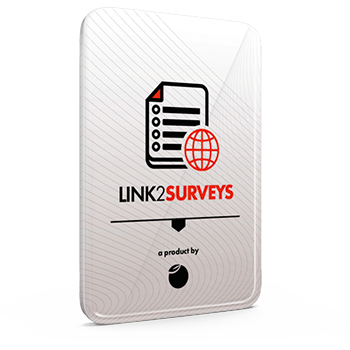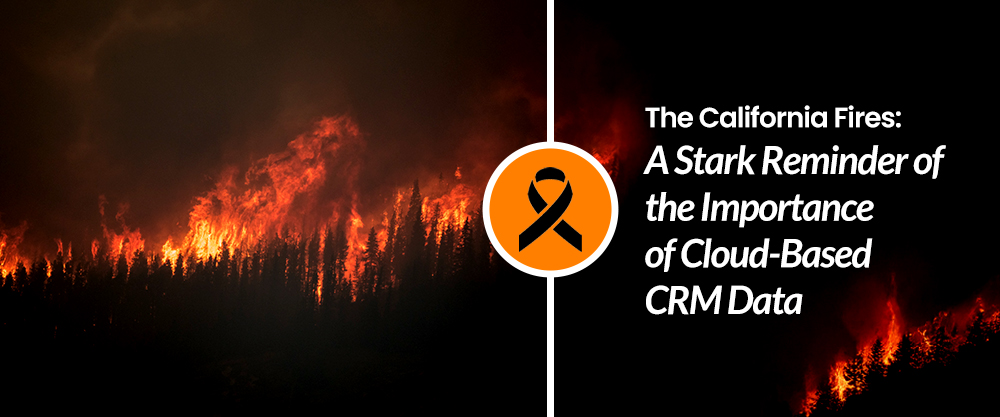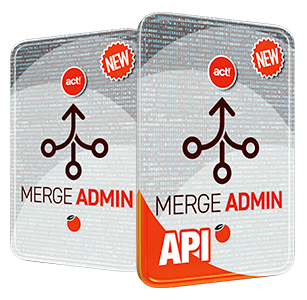The recent wildfires in California have been devastating, with many individuals and businesses suffering significant losses. Among those affected are three of our valued customers who have reported losing both their homes and businesses. These tragic events highlight the critical importance of having robust disaster recovery and business continuity plans in place. One key aspect of such plans is ensuring your Customer Relationship Management (CRM) data is stored in the cloud.
1. Ensuring Accessibility in Times of Crisis
When disasters like wildfires strike, they can cause widespread destruction, including power outages and damage to physical infrastructure. This makes it challenging for businesses to access on-premises servers. Cloud-based CRM systems, however, offer the advantage of being accessible from anywhere and from any device with an internet connection. This means that even if your physical office is impacted, your team can still access vital customer data and continue operations remotely, ensuring minimal disruption to your business.
2. Enhanced Data Security
Natural disasters pose a significant risk to physical data storage. Fire, water damage, and power surges can all lead to data loss. Cloud providers invest heavily in securing their data centers against such risks. They offer redundant storage solutions, regular backups, and advanced security measures to protect your data from both physical and cyber threats. This level of security is often beyond the reach of individual businesses, making cloud storage a safer option.
3. Scalability and Flexibility
During a crisis, businesses may need to adapt to changing circumstances quickly. Cloud-based CRM systems offer the flexibility to scale up or down as needed without the constraints of physical hardware. This scalability ensures that your business can respond to increased demand or operational changes without significant downtime or additional investment in infrastructure.
4. Cost Efficiency
Maintaining on-premises servers can be costly, especially when factoring in the expenses associated with disaster recovery solutions. Cloud-based CRM systems eliminate the need for expensive hardware and reduce the costs of maintaining and securing physical servers. This cost efficiency allows businesses to allocate resources more effectively, particularly during times of crisis.
5. Facilitating Collaboration and Communication
Effective communication and collaboration are crucial during any disaster. Cloud-based CRM systems facilitate real-time collaboration among team members, regardless of location. This ensures everyone can access the most up-to-date information and work together seamlessly to address customer needs and business challenges.
Conclusion
The recent California fires have been a stark reminder of the unpredictable nature of disasters and the importance of being prepared. By leveraging cloud-based CRM systems, businesses can ensure their customer data is secure, accessible, and resilient in adversity. Investing in cloud technology enhances disaster recovery capabilities and provides ongoing benefits in terms of scalability, cost efficiency, and collaboration. As we continue to navigate an increasingly uncertain environment, the cloud offers a reliable and flexible solution for safeguarding one of your most valuable assets — your customer relationships.












































